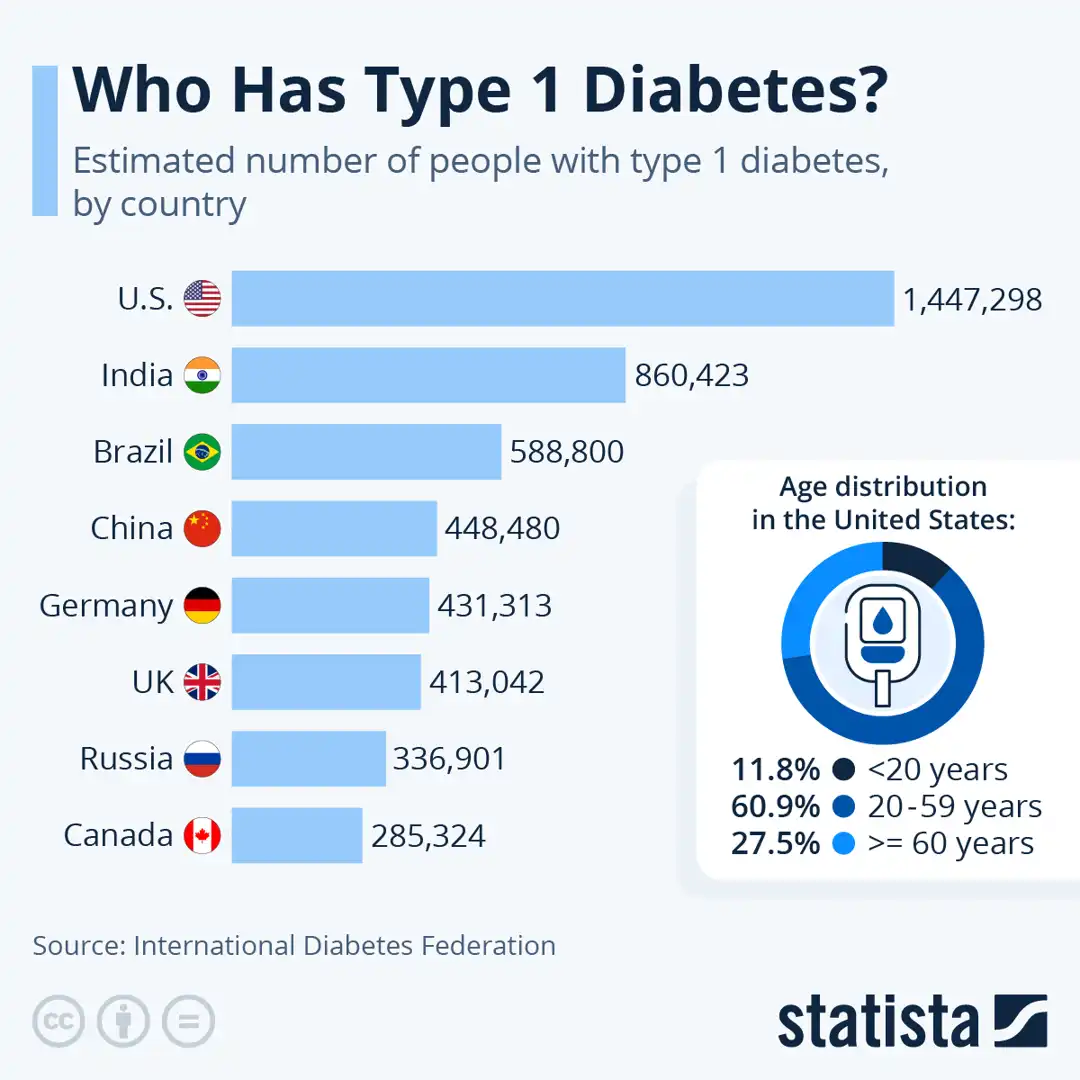Problems with Diabetes
Problems with Diabetes
Diabetes is a chronic condition that affects millions of people worldwide. While managing diabetes is possible with proper care and treatment, there are several problems that individuals with diabetes may face. In this article, we will explore some of the common issues associated with diabetes and how they can impact a person's quality of life.

1. Hypoglycemia
One of the most immediate problems that individuals with diabetes may face is hypoglycemia, or low blood sugar. This can occur when a person takes too much insulin or medication, skips meals, or engages in strenuous physical activity without adjusting their medication. Symptoms of hypoglycemia include shakiness, dizziness, sweating, and confusion.
2. Hyperglycemia
On the other end of the spectrum, hyperglycemia, or high blood sugar, is another common problem for individuals with diabetes. This can happen when a person eats too much, doesn't take enough insulin or medication, or is under stress. Symptoms of hyperglycemia include increased thirst, frequent urination, fatigue, and blurred vision.
3. Diabetic Neuropathy
Diabetic neuropathy is a type of nerve damage that can occur in individuals with diabetes. It most commonly affects the feet and legs, causing symptoms such as numbness, tingling, and pain. Diabetic neuropathy can make it difficult for individuals to sense injuries or infections in their extremities, leading to serious complications.

4. Cardiovascular Disease
Individuals with diabetes are at a higher risk of developing cardiovascular disease, including heart attacks and strokes. High levels of blood sugar can damage the blood vessels and increase the risk of atherosclerosis, a condition where plaque builds up in the arteries, restricting blood flow.
5. Kidney Disease
Diabetes is a leading cause of kidney disease, also known as diabetic nephropathy. High levels of blood sugar can damage the small blood vessels in the kidneys, leading to reduced kidney function over time. If left untreated, diabetic nephropathy can progress to kidney failure.
6. Eye Problems
Diabetes can also affect the eyes, leading to a range of vision problems. Diabetic retinopathy is a common complication that can cause damage to the blood vessels in the retina, leading to vision loss. Individuals with diabetes are also at a higher risk of developing cataracts and glaucoma.

7. Foot Complications
Foot complications are a significant concern for individuals with diabetes, as nerve damage and poor circulation can increase the risk of foot ulcers and infections. Diabetic foot ulcers can be difficult to heal and may lead to serious complications, including the need for amputation.
8. Mental Health Issues
Living with diabetes can take a toll on a person's mental health, leading to feelings of stress, anxiety, and depression. The constant monitoring of blood sugar levels, dietary restrictions, and the fear of complications can all contribute to emotional distress in individuals with diabetes.
9. Skin Problems
Individuals with diabetes are more prone to skin problems, such as dry skin, infections, and slow wound healing. High levels of blood sugar can impair the skin's ability to heal, making individuals with diabetes more susceptible to infections and other skin issues.
10. Dental Complications
Diabetes can also impact oral health, increasing the risk of gum disease, tooth decay, and oral infections. High levels of blood sugar can create an ideal environment for bacteria to thrive in the mouth, leading to dental complications in individuals with diabetes.

Global Diabetes Statistics
- Approximately 537 million people worldwide have diabetes.
- By 2045, this number is projected to rise to 700 million.
- Diabetes prevalence is highest in the Western Pacific region, followed by Southeast Asia and North America.
- About 80% of diabetes deaths occur in low- to middle-income countries.
- Diabetes leads to significant healthcare costs, impacting economies globally.
Reduce your blood sugar right now with

Conclusion
Diabetes presents a myriad of challenges, from hypoglycemia and hyperglycemia to diabetic neuropathy and cardiovascular complications. The impact on mental health, foot and skin problems, and oral health cannot be understated.

Global statistics highlight the widespread prevalence of diabetes and its significant healthcare burden. However, advancements in treatments and lifestyle management offer hope.
One such solution is Diabetes Freedom, a comprehensive program designed to help manage and reverse diabetes naturally. By addressing underlying causes and promoting healthy habits, Diabetes Freedom empowers individuals to take control of their health and improve their quality of life.
Despite the challenges posed by diabetes, proactive management, education, and support can make a substantial difference in mitigating its impact and promoting overall well-being.